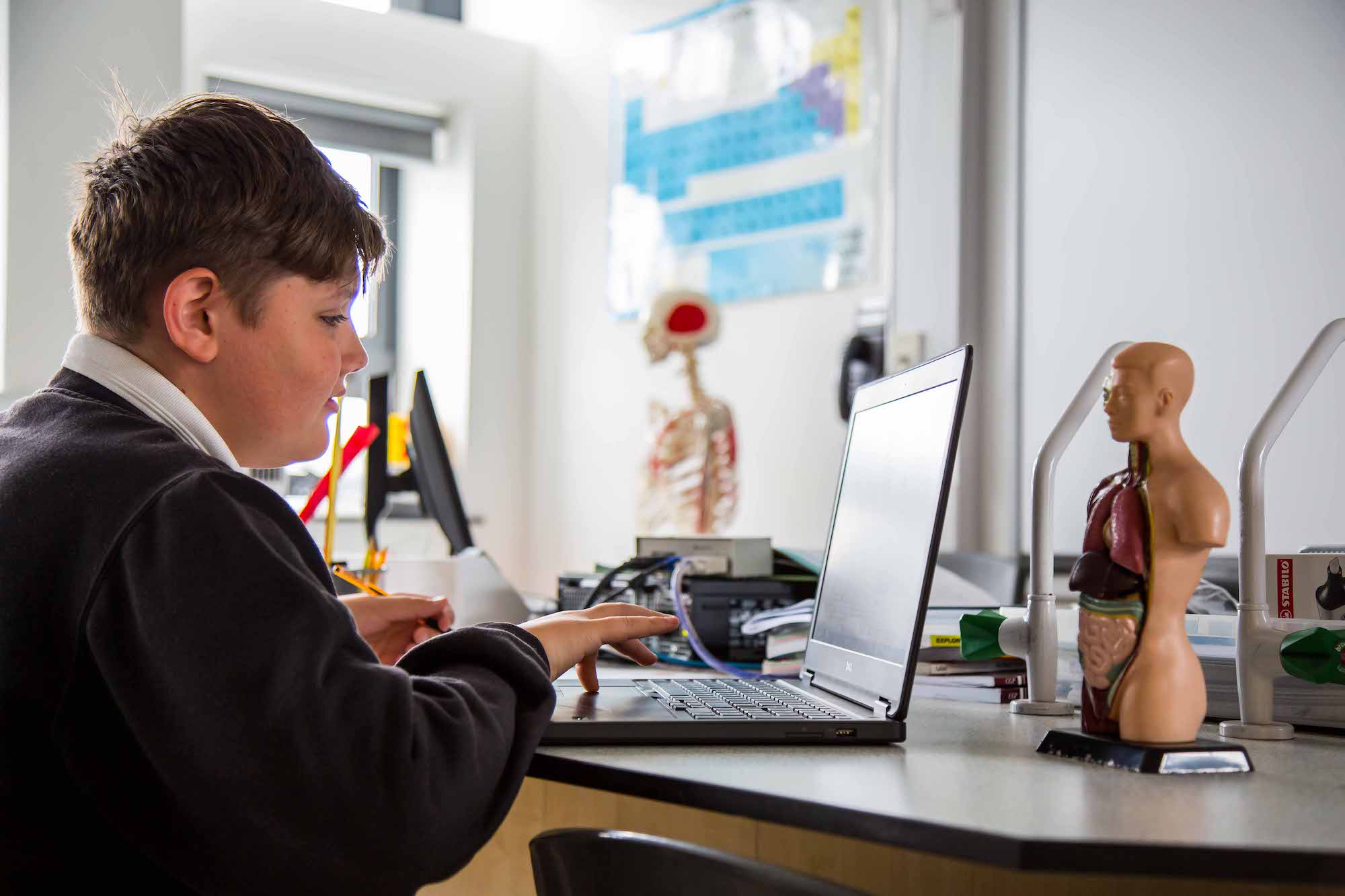- Curriculum Overview
- Subjects
- Options
- Revision & Support
- Independent Learning
- Personal Development
- Exams
- Careers
German
Learning a language is a journey of discovery. It has many challenges, just as those we meet when learning our first language. However, the benefits of being able to communicate in a second language are far-reaching. Learning a second language frees us from insularity, opening our minds to different cultures and allowing us to express our thoughts and ideas with increasing fluency and creativity.
We believe that language learning is best where there is as much exposure to meaningful language as possible, whilst ensuring that students have opportunities to think about how the language works and to practise regularly in an ordered way that focusses on high-frequency structures and vocabulary. Our curriculum includes a range of teaching and learning methods, with a strong emphasis on re-using and recycling language in a variety of contexts and regularly checking that these high-frequency structures, key vocabulary and grammatical concepts are mastered. One thing is certain: anyone can learn another language; the difficulty lies in trying to understand or use language that has not been sufficiently practised. This, therefore, is our core purpose.
“We are what we repeatedly do. Excellence, therefore, is not an act, but a habit.” (Aristotle)
German has historically been taught alongside French across the age range. However, it is not currently being taught at KS3. There are classes in Y10 and Y13 of students who began learning German in KS3 when it was part of the curriculum. The MFL Department is committed to providing as many opportunities as possible to students to study languages and are working towards reintroducing a viable second language in the future.
Year 10
-
Understanding and Responding to Spoken Language -
Use decoding skills to deduce meaning and inference when listening to extend sequences of spoken language.
Initiate and engage in conversations, explaining points of view and responding to unexpected questions. - Understanding and Responding to Written Language - Demonstrate a more detailed understanding of authentic texts containing complex structures and vocabulary and plan and write longer texts (100-150 words) using a range of vocabulary and structures.
- Acquisition of Vocabulary - Social media and new technology; holidays; transport; time expressions/sequencers; food and drink (restaurants) expressions of quantity; shopping; healthy lifestyles; vices; jobs and future careers; ambitions; expressions of agreement/disagreement and persuasion.
- Application of Grammar - Adjective endings; Seit + present tense; word order (TMP + dass and wenn); imperatives; somparative and superlative adjectives; subordinate clauses (two verbs); infinitive constructions; pluperfect tense; reflexive verbs (three tenses and full paradiagm); genitive prepositions; adverbs (sequencers); pronouns (subject, object, indirect object); definite, indefinite and demonstrative articles; modal verbs (in conditional form)
- Cultural Awareness and Understanding - German cuisine; staying in Vienna; the geography of Germany; popular German holiday destinations; the German island of Sylt; German language in the global world.
Year 11
- Understanding and Responding to Spoken Language - Listen and demonstrate an understanding of authentic sources of spoken language (e.g. new items/film clips) and summarise these orally. Handle dialogue with confidence and clarity, expressing your point of view convincingly.
-
Understanding and Responding to Written LanguageListen and demonstrate an understanding of authentic sources of spoken language (e.g. new items/film clips) and summarise these orally. Handle dialogue with confidence and clarity, expressing your point of view convincingly. -
Understand and write extended texts (150 words), using language effectively and creatively to express individual thoughts, ideas and points of view.
Use a range of complex grammatical structures, including a combination of tenses and structures. -
Acquisition of Vocabulary -
Global issues; the environment; ethical shopping; volunteering; protests; global events;
Revision of vocabulary across all three GCSE Themes:-
1. Identity and culture
2. Local, national, international and global areas of interest
3. Current and future study and employment -
Application of Grammar -
Passive voice; adjectival nouns; comparative and superlative (adverbs); etwas + nichts + adjective
Revision of verbs and structures from list contained in AQA GCSE Specification and practised for the purposes of oral and written expression, including translation from German to English and English to German.
Focus on proof-reading and self-correction of errors applying knowledge of grammar. - Cultural Awareness and Understanding - Appreciation of the developing world and social issues affecting people globally. German charitable organisations (e.g. Caritas); German rules environmental protection; German music festivals and sporting events.

